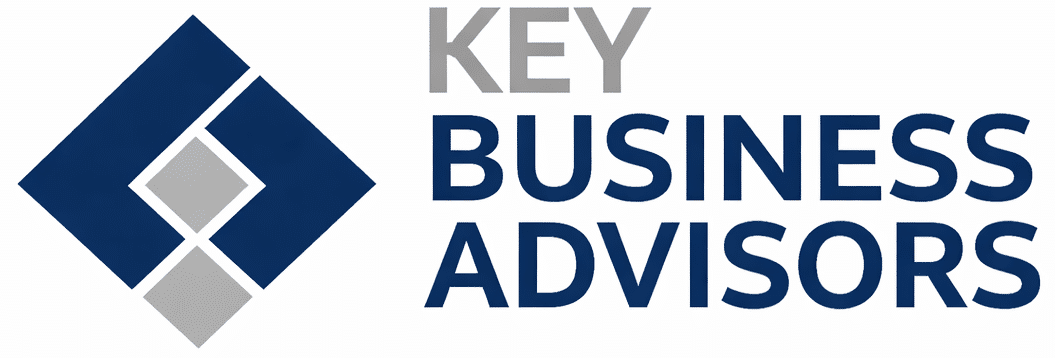
How are you addressing and preventing discrimination, sexual harassment, or victimisation within your business?
Late last year, the Australian Human Rights Commission (“Commission”) was given the power to enforce compliance. The Commission introduced a new statutory obligation for “Positive Duty” requirements under the Respect@Work laws and the Sex Discrimination Act.
All Australian workplaces should ensure that workers are safe, inclusive, gender-equal, respectful and free from sexual harassment and sex discrimination.
Effective 12 December 2023, regardless of the size of the business, all employers, must comply with the new legislation. This means you have a legal obligation as a Leader to take proactive and meaningful action to prevent relevant unlawful conduct from occurring in the workplace or connection to work.
In recent findings, less than one-third (or 32 per cent) of interviewees who experienced sexual harassment in the workplace stated that they made a formal report or complaint about the sexual harassment within the last 5 years. The reasons why workers did not report sexual harassment included, but not limited to:
- 31 per cent of those who did not report the sexual harassment experienced stated that they “did not think that the harassment was serious enough” to warrant reporting
- 26 per cent stated that they “took care of the problem myself”.
- Almost half of those who did not report the sexual harassment experienced expressed a lack of faith in the grievance process as one of the reasons for not reporting it
Taking preventative action will help to create safe, respectful and inclusive workplaces. It is your responsibility to establish conduct standards, demonstrate respectful and inclusive behaviour and champion a positive duty.
As employers, it is important to ensure you have put in place:
“reasonable and proportionate measures to eliminate … discrimination, sexual harassment or victimisation as far as possible.”
The Commission has identified six minimum standards that organisations must meet to comply with their positive duty to eliminate discrimination, sexual harassment and victimisation:
- Standard 1 – Knowledge
- Standard 2 – Prevention Plan
- Standard 3 – Organisational Capacity
- Standard 4 – Risk Management
- Standard 5 – Reporting and Response
- Standard 6 – Monitoring and Evaluation
Simple things that you can look to change in your business include:
- Implementing a recruitment strategy to attract diverse talent and backgrounds
- Conducting staff satisfaction surveys to foster a respectful and inclusive environment
- Assisting workers requiring adjustments to perform their duties effectively
- Regularly reviewing and updating company policies, particularly those addressing discrimination, harassment, sexual harassment, and bullying
- Leaders are encouraged to actively address unlawful conduct, provide comprehensive training and reinduction on company policies
- Educate and train workers on promoting a safe and inclusive environment and understanding their rights and responsibilities
- Explore opportunities for flexible working arrangements
- Handle complaints and grievances privately and confidentially
- Implement supportive measures like performance reviews and one-on-one meetings
It is a great time to ensure you have a robust system in place to comply with these changes. For assistance in implementing these processes and supporting your team in embracing positive duty, contact Key Business Advisors at 1300 4 ADVICE.
Follow Us On Instagram
Follow on InstagramKey Business Advisors
Head Office
Level 2, 445 Keilor Rd, Niddrie, VIC, 3042
Shepparton Office
196-202 High St,
Shepparton VIC 3630
Phone
1300 4 ADVICE – (03) 9325 5900
Email
info@keyba.com.au
Connect With Us
Stay Up To Date
With useful information and tips to minimise risk and help you grow your business.




